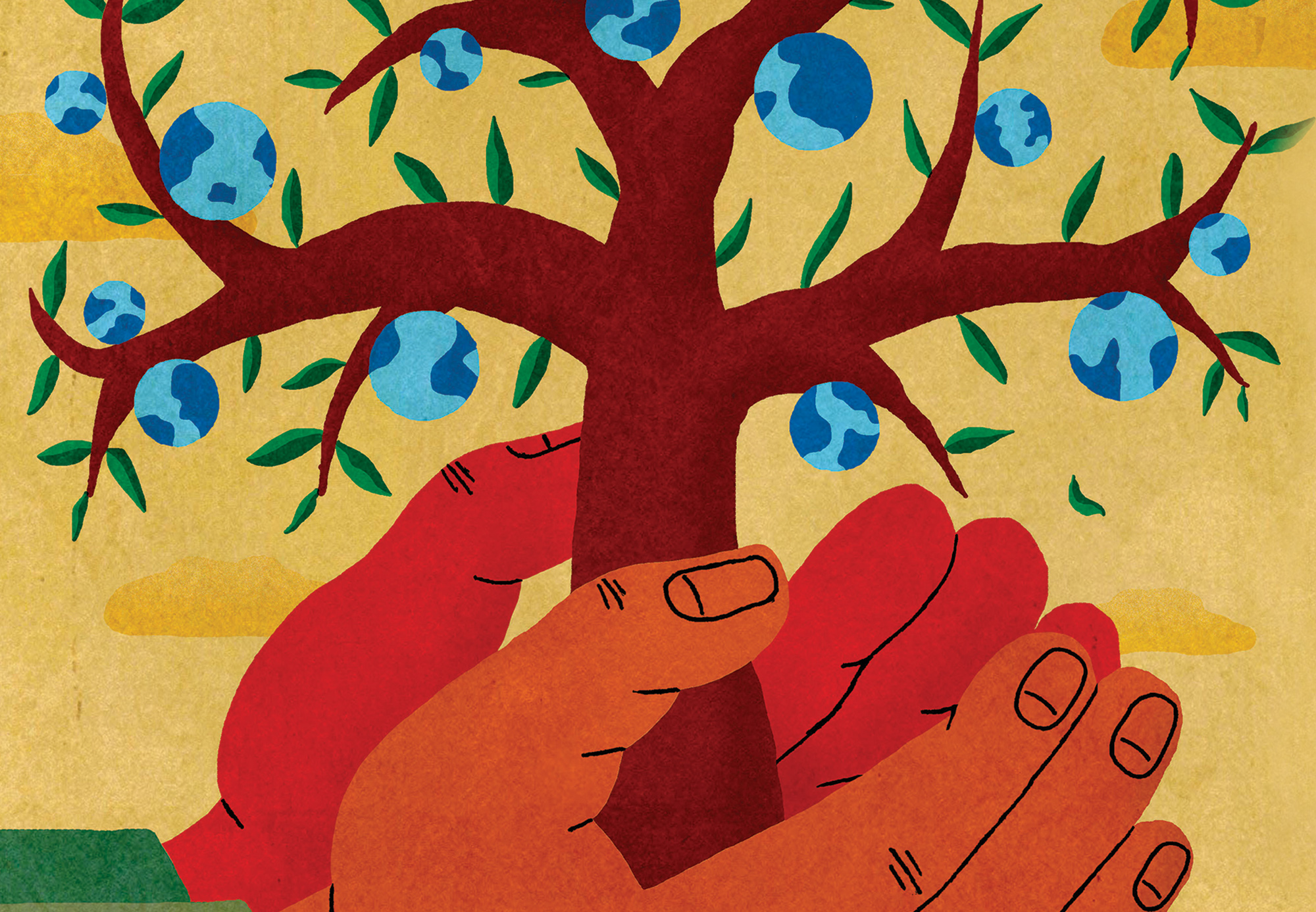

If you live in a Seattle neighborhood with high property values, your diet is probably healthier than someone’s across town. If you live in the Deep South, you are more likely than the average American to have diabetes. If you take the bus, you are more likely to be physically active than your car-only counterparts.
Where we reside, the food we eat, how close we are to nature—all of that adds up to how long and how well we live. Under the banner of a new initiative called Population Health, UW scientists, doctors and data collectors will have more resources to help people not only survive, but thrive the world over.
by Julie Garner
Disparities in health care access hit communities of color hard—particularly when it comes to cancer. Read story.
by Hannelore Sudermann
A historic $279 million donation will enable the Institute for Health Metrics and Evaluation to forecast health scenarios. Read story.
by Hannelore Sudermann
Most non-communicable diseases are tied to diet. Now we know that economics and social disparities also factor in. Read story.
by Hannelore Sudermann
Where we live affects our quality of life in many ways, including our health, happiness and social equity. Read story.
by Julie Garner
Innovations developed by faculty, students and alumni are helping the University beat a path to the world’s door with the goal of improving the health of millions. Read story.